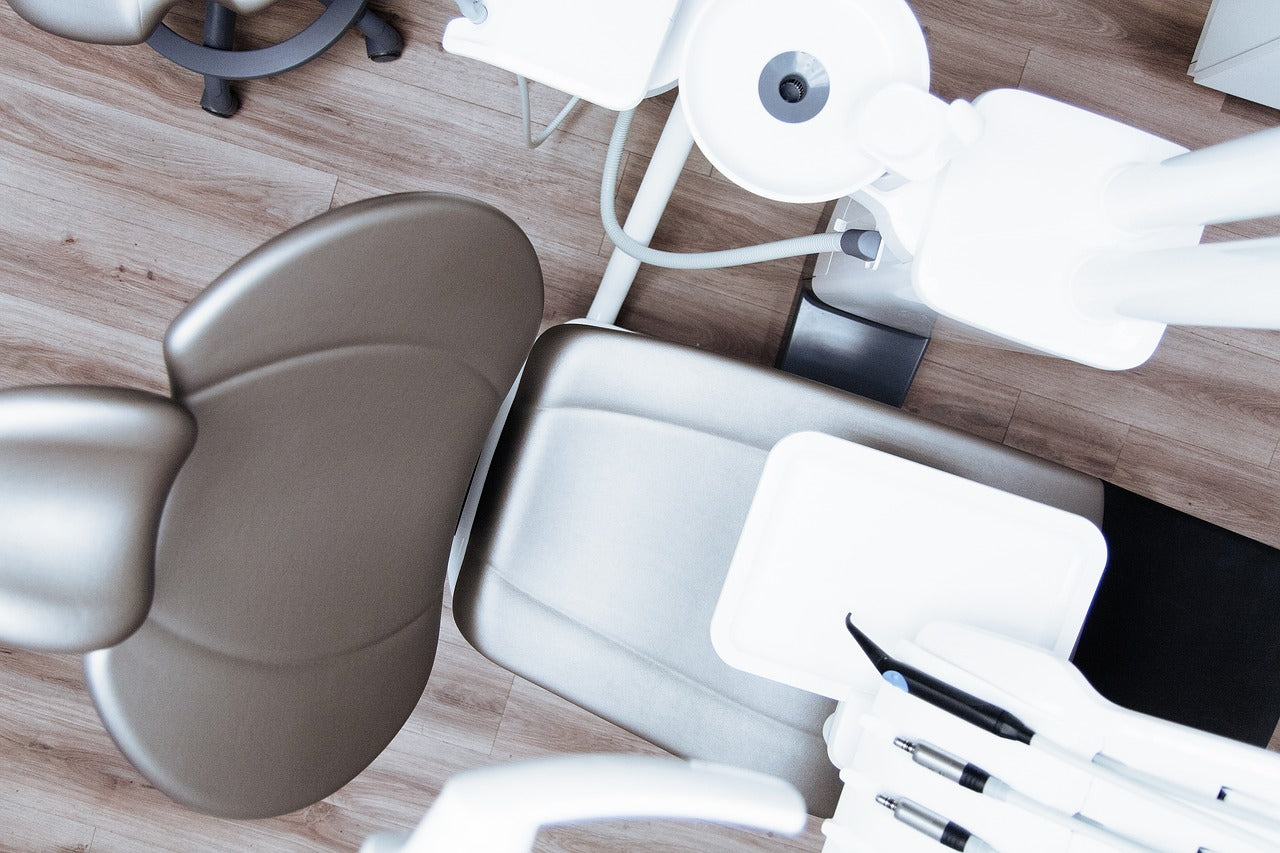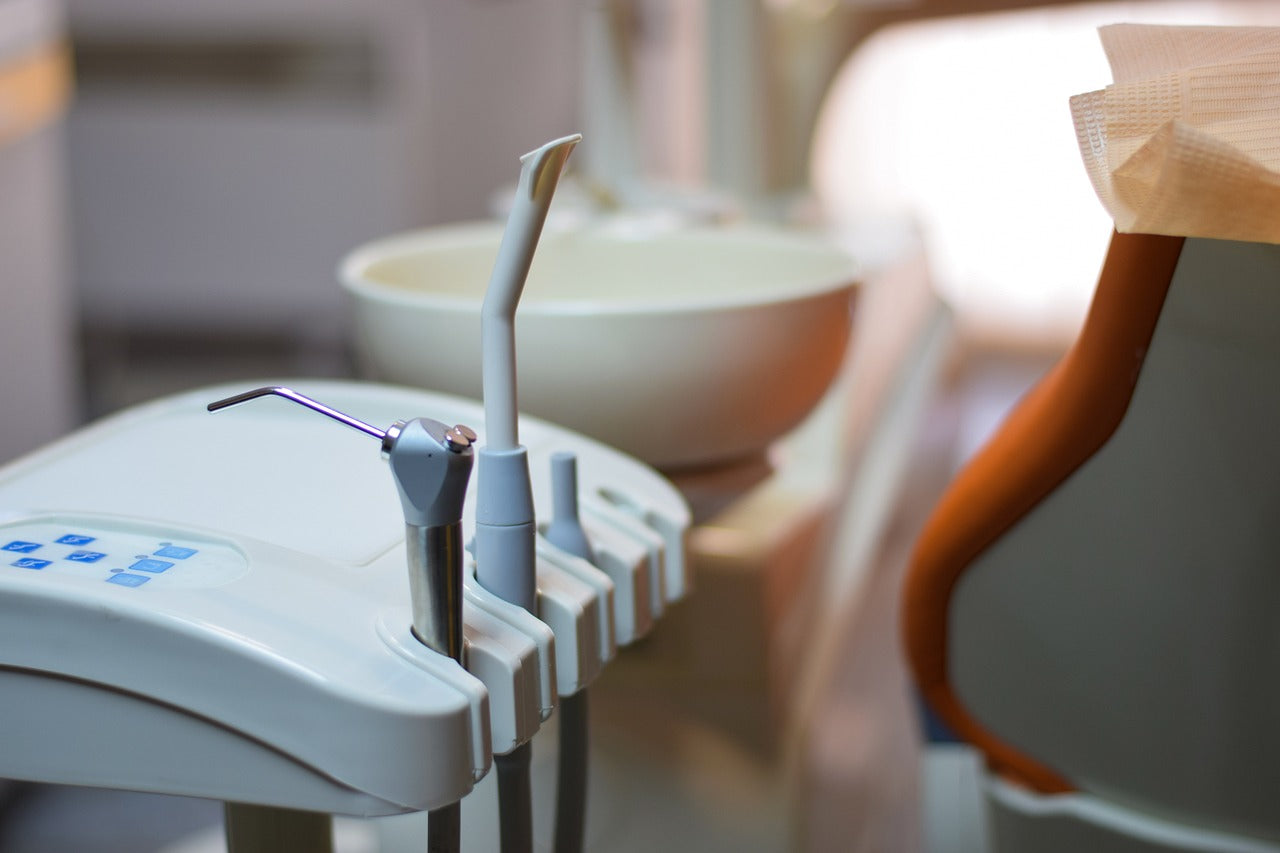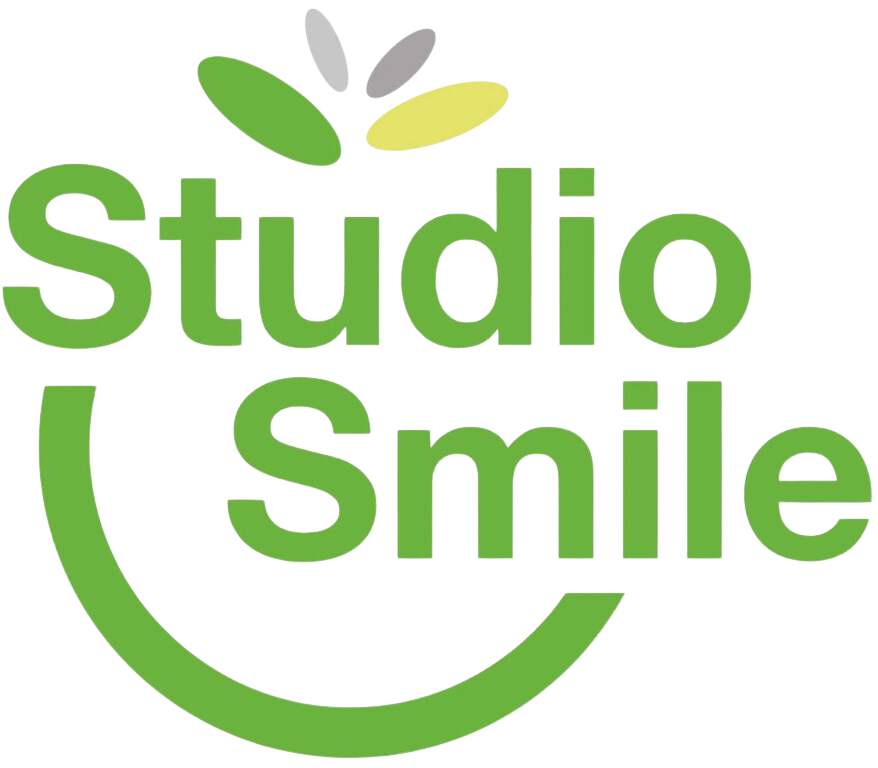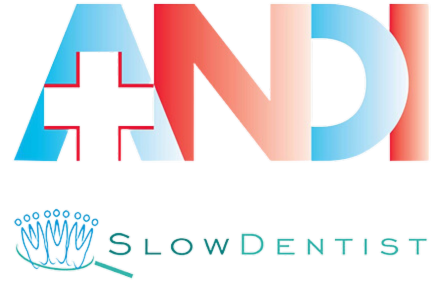
Dental hygiene is the set of practices aimed at maintaining oral health, preventing problems such as cavities and gingivitis. It includes brushing, flossing and regular visits to the dentist to keep your teeth and gums in good condition.

The gums are healthy when they appear pink and do not bleed either spontaneously or during brushing. They are inflamed when they appear red, swollen, and bleed easily, not only during brushing, but also spontaneously. Periodontal disease usually does not cause symptoms; the pain almost never appears, sometimes the patient only complains of modest discomfort.
Dental hygiene is the set of practices aimed at maintaining oral health, preventing problems such as cavities and gingivitis. It includes brushing, flossing and regular visits to the dentist to keep your teeth and gums in good condition.
The gums are healthy when they appear pink and do not bleed either spontaneously or during brushing. They are inflamed when they appear red, swollen, and bleed easily, not only during brushing, but also spontaneously. Periodontal disease usually does not cause symptoms; the pain almost never appears, sometimes the patient only complains of modest discomfort.


TREAT PERIODONTAL DISEASE
RESULT AFTER 15 DAYS FROM SCALING
Gingivitis : an appropriate oral hygiene session with the dental hygienist will resolve the problem in a few weeks; your gums will stop bleeding and become healthy again. Oral hygiene sessions are necessary to remove tartar, i.e. hardened plaque, which cannot be removed with a toothbrush.
Periodontal pockets (so you have periodontitis): The treatment will not be limited to just removing the supra-gingival tartar; the hygienist will have to clean the roots of your teeth as thoroughly as possible with particular manual or ultrasonic instruments.
Often, in the presence of deep pockets, it is necessary to resort to anesthesia to avoid unnecessary discomfort and pain. It is possible that all or just some of the teeth are affected by periodontal disease and several sessions are required to adequately treat all surfaces.
DAILY HOME HYGIENE
Since the main cause of the disease is plaque, it must be removed from the teeth every day.
So, your cooperation is the most important thing in the treatment!
Where your gums bleed you must necessarily insist on brushing to remove the bacteria that caused the bleeding.
However, the toothbrush is unable to clean all the surfaces of the teeth, such as the interdental ones, which are the most neglected areas.
and therefore more affected by periodontal disease. It is necessary to use dental floss but, if you have periodontal problems, the spaces are often very large, so interdental brushes will be very convenient and useful.
Other cleaning aids may also be recommended depending on your needs such as, for example, the single tuft, the super-floss or the electric tuft: it will be the hygienist who will decide together with you which tools are most suitable for your mouth and will instruct you on how to use them effectively.
PREVENTION
Therefore, for preventive purposes, we advise you to:
- brush your teeth after every meal;
- use dental floss and a brush, when necessary, to remove plaque between teeth, at least once a day;
- eat in a healthy and balanced way;
- avoid smoking;
- go to the dentist periodically for tooth decay checks and to perform regular oral hygiene sessions (usually every 6 months).
Prevention is better than cure!
It definitely costs less!
CAUSES AND PREDISPOSING FACTORS
- presence of bacterial plaque;
- smoke;
- incongruous restorations: fillings and prosthetic products that do not allow adequate oral hygiene maneuvers by the patient;
- hereditary predisposition: one in three people is genetically predisposed to periodontal disease;
- pregnancy and other hormonal changes in women;
- stress: it can make the immune response in fighting infections weaker;
- medications: contraceptives, antidepressants and other medications can negatively affect oral health;
- bruxism;
- diabetes and other systematic diseases (e.g. celiac disease);
- food intolerance.
YOU MUST HAVE SOME SUSPICION WHEN YOU NOTICE THAT:
- gums bleed;
- the gums have receded and the teeth therefore appear longer;
- some teeth have moved and the spaces between them are increasing;
- one or more teeth move;
- you have bad breath.
If every person suffering from periodontal disease had learned to perform a correct oral hygiene procedure when they had healthy gums or simple gingivitis, they would certainly have been able to keep their teeth.
Years ago, all patients suffering from this disease could do nothing but wait for their teeth to fall out.
Fortunately, many things can now be done!
HOME AND OUTPATIENT TEETH WHITENING
Professional and/or home whitening treatment with the use of masks. Brightens and harmonizes tooth enamel.
The treatment can be repeated as needed.


